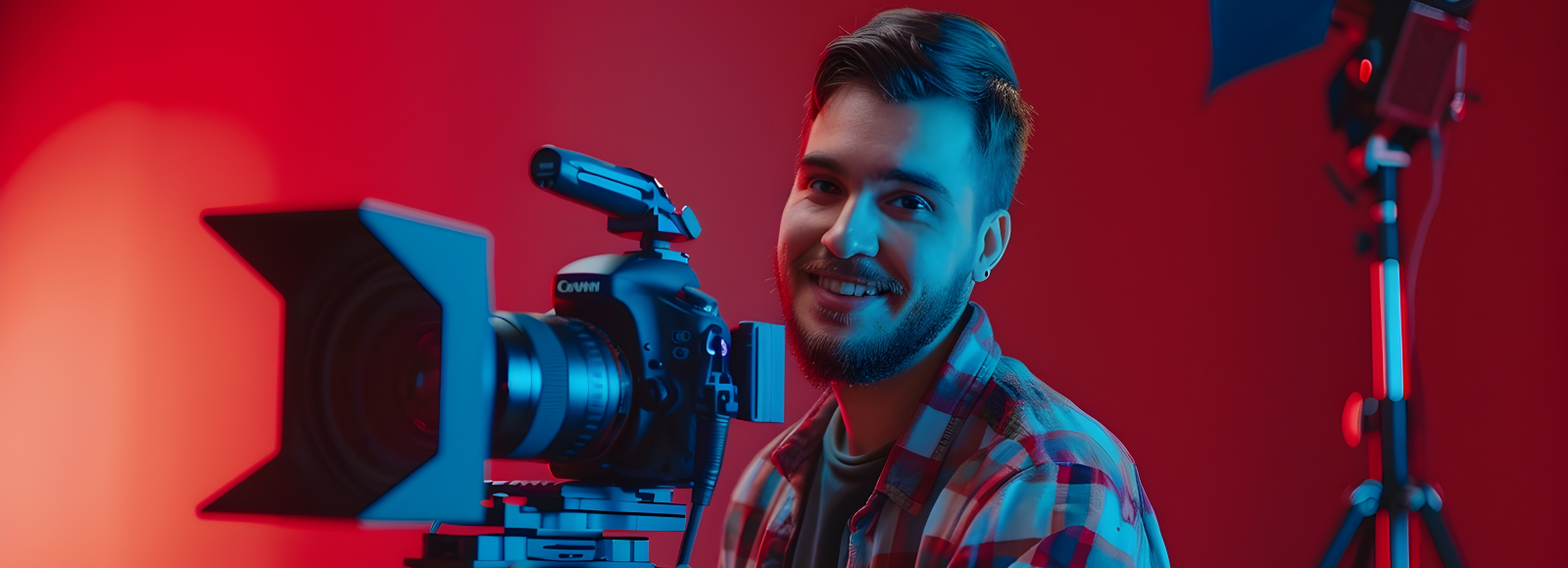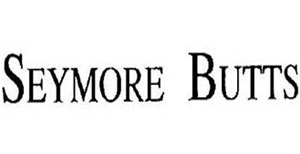Making a movie in Australia is an exhilarating venture. Whether it’s a short film for a personal project or a full-fledged commercial production, creating cinematic magic requires not just creativity and talent. But also a sound understanding of the legalities involved. This article delves into the crucial legal guidelines that filmmakers in Australia need to be aware of, particularly when filming in public places.
Filming in Public Spaces in Australia
Before we examine the specifics of legalities in filming, it’s essential to understand what is a public space. A public space refers to a social environment that is open and accessible to everyone. Areas like parks, beaches, roads, and footpaths. Even though councils or the government may own these lands, they are still classified as public spaces.
Now, when it comes to filming in these public spaces, several legal considerations come into play. A purpose of filming, whether for personal or commercial use, significantly influences these legal requirements. While you generally have the right to film in a public space for personal purposes without seeking anyone’s consent. Filming for commercial purposes often requires obtaining necessary permissions and licenses.
Filming for Personal Purposes
If you’re filming in public spaces merely for personal enjoyment or preservation of memories, you generally don’t require permission from the council, the public, or any person appearing in your film.
Australia doesn’t possess a Bill of Rights that guarantees the right to privacy. So the law doesn’t generally forbid filming someone in a public space without their consent.

Understanding Personal Use
‘Personal use’ refers to any use that doesn’t have a commercial orientation. Recording videos of landmarks, streets, or events to cherish memories, for your personal blog, or for your social media channels typically falls under ‘personal use’. You can also install CCTV cameras on your property to record activities happening on the nearby footpaths or roads, and this too, is categorized as personal use.
Filming for Commercial Purposes
Legal scenarios change significantly when you intend to film in a public space for commercial purposes. If a video recorded in a public area is intended to promote goods or services, generate income, or enhance reputation, it is deemed as being used for a commercial purpose.
What Constitutes Commercial Use?
Commercial use is when the video recording is used to promote goods or services. Or when it generates income, either by monetary profit or by enhancing reputation. If the recording is used for study or research, it is not considered a commercial purpose. Mainstream media photographers generally don’t require approval for filming or taking still shots on public land.
Legal Considerations for Commercial Filming
If you’re planning to shoot in a public space owned by a council or the Australian Government, you need to seek a license if you plan to use the video for any business or commercial purpose. This includes instances when you wish to publish the recorded video on the internet as part of your blog that generates income through goods or services.
The Copyright Act 1968 comes into play when a film is being used for a commercial purpose. It protects a person’s image or a building from being associated with that commercial purpose unless permission is obtained first. Consumers should not be deceived into believing that your product or service has any association with another person or building unless the subject has permitted that association to be made.
Failure to obtain consent for commercial filming in public places can lead to penalties issued by the Australian Competition and Consumer Commission (ACCC) or a breach of copyright. Councils and government authorities in NSW are governed by the Filming Approval Act. If proper processes are followed, licenses to film are usually granted.
There are a lot more considerations with adult films and we also have an article on breaking down the legal requirements for producing adult films in Australia.
Copyright Considerations in Filmmaking
When it comes to filmmaking, understanding copyright laws is paramount. Copyright protects the visual images and accompanying sounds of ‘cinematographic films’. This protection extends to feature films, TV programs, documentaries, short films, home videos, animated films and cartoons, television commercials, video podcasts, and some multimedia products such as computer games.
Television broadcasts also enjoy separate copyright protection, which includes free-to-air TV, pay TV, cable, and satellite TV. For instance, a TV program like ‘The Simpsons’ is protected as a cinematographic film. When ‘The Simpsons’ is broadcast on Channel 10, an additional and separate copyright is created in the broadcast.
Ownership of Copyright
In the case of films, copyright is generally owned by the person who arranged for the film to be made, such as the producer, the production company, or the person or company who commissioned the film. Unless there is an agreement to the contrary. If the film was not commissioned, for example, a home video, then copyright is owned by the person who created the film.
Ownership can also vary depending on factors such as employment and licensing agreements. Where there is more than one person responsible for making the film, copyright will be shared equally. As for television broadcasts, the copyright (only the broadcast, not the underlying film) will be owned by the broadcaster, i.e., the channel on which it was aired.
It’s key to note that the copyright owner of a film will only own copyright in the moving images and sounds of the film. They will not necessarily own copyright in the underlying works included in the film. Such as the musical soundtrack or screenplay. Copyright in these underlying works will generally be owned by their creators unless there is an agreement assigning or transferring copyright.
Rights of Copyright Owners
Copyright owners of films hold the right to perform or screen, reproduce, or communicate the film. The copyright owners of television broadcasts hold the right to make a copy of a film of the broadcast, rebroadcast, or communicate the broadcast. Performers or actors in films and broadcasts will also have performer’s rights in their performance.
Duration of Copyright
Copyright duration varies depending on the creation date. For films created before 1 May 1969, they were protected as a combination of photographs, dramatic works, and sound recordings. For films created after 1 May 1969, copyright protection lasts for 70 years from the end of the year the film is first published. Regardless of whether the material was published or unpublished.
For broadcasts created before 1 May 1969, there was no copyright protection. But the underlying works in the broadcasts – the images, music, sounds, screenplays etc – would have had protection as photographs, dramatic works, and sound recordings. Broadcasts created after 1 May 1969 enjoy a copyright protection of 50 years after the end of the year the first broadcast was made.
Copyright in films or broadcasts made for, or first published by a government, or in which copyright is owned by a government, lasts for 50 years from the end of the year of first publication. It’s crucial to note that copyright might expire in the film or broadcast but remain in the underlying works.
Privacy and Ethical Considerations in Filmmaking
While filming in public spaces is generally legal, you must still respect the privacy and autonomy of other individuals and not use your film for voyeuristic purposes. In Australia and overseas, it is generally illegal to film a person in a public area where there is an expectation of privacy. This includes places such as bathrooms, change rooms, and AA meetings.
The law has also been extended to include ‘up-skirting‘ under section 91L of the Crimes Act 1900 (NSW). Filming people in an intimate context is illegal unless express permission is granted. While there are no laws prohibiting photography of children in public places, this presents a larger ethical issue that filmmakers must consider.
Filming Across Borders
Different countries have different rules when it comes to filming in public places. Many of these rules involve filming the military or other government-administered places. For example, many museums do not allow you to film inside, despite the fact that they are public spaces. If this is the case, you should be able to see a sign which states that filming or photography is prohibited.
In some instances, filming something that seems like public property is technically illegal. For instance, copyright protection means that filming the Eiffel Tower in Paris at night is illegal because it’s an ‘artistic work’. Duplicating and sharing it is in breach of French intellectual property laws.
Article Contributed by Joshua from sex-toy.com.au.
Making A Movie In Australia
What do I need to start making a movie in Australia?
To start, you’ll need a clear script, budget, and production plan. Depending on the scope of your project, you may need permits, insurance, a film crew, and equipment. It’s also important to register your production with local film offices and follow state-based filming regulations. Even small indie films benefit from good planning and legal compliance.
Do I need a permit to film in public places in Australia?
Yes, in most cases. If you’re filming in public spaces—like streets, parks, or beaches—you’ll need to apply for a permit through the local council or film office. Requirements vary by location, and larger shoots may need risk assessments or traffic control. Filming without permission can lead to fines or your production being shut down.
Are there any government grants or funding options available?
Australia offers several funding opportunities through organisations like Screen Australia, state screen agencies, and film festivals. Grants can support script development, production, post-production, and distribution. These programs are competitive, so having a strong proposal, clear budget, and defined audience will improve your chances of receiving support.
What kind of crew and equipment do I need?
This depends on your film’s size and genre. Most productions need a director, cinematographer, sound operator, and editor at minimum. Indie filmmakers often wear multiple hats to keep costs down. Equipment can be rented from professional houses or universities, and many cities have access to industry-standard gear for hire.
Can I make a movie in Australia as a non-citizen?
Yes, but you’ll need the correct visa and approval, especially if you’re hiring local crews or using public locations. Foreign filmmakers should consult with Screen Australia or the Department of Home Affairs to ensure they meet legal and visa requirements. Co-productions with Australian partners are also an option for international collaboration











































Leave a Reply